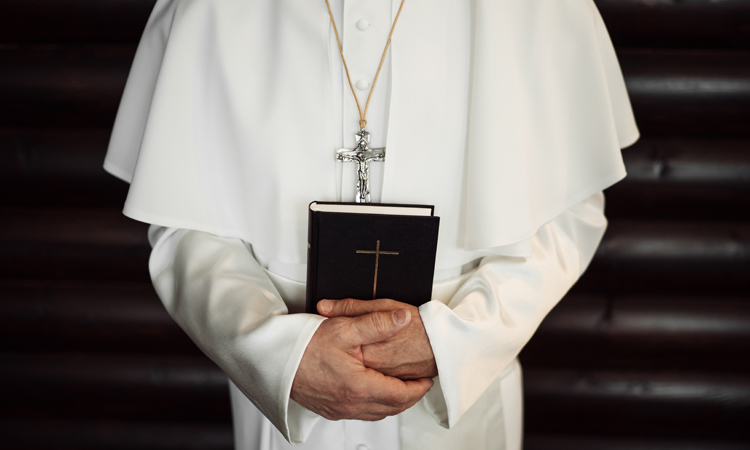
As the number of sexual abuse victims continues to grow, Pope Francis finally signed a new Vatican law that at least partially addresses the sexual abuse of children in the Roman Catholic Church. The law only applies to Vatican City and its associated institutions and diplomats. The legislation requires officials in Vatican City to report allegations of sexual abuse directly to the Vatican.
Under the new law, the failure to report allegations of abuse will result in removal from office, a fine of roughly $5,615 and up to six months in the Vatican’s prison. Although it is intended to serve as a model for the global institution of the Roman Catholic Church, the new law still falls short in directly punishing sexual abusers of children in churches outside of Vatican City.
The Public Groundswell That Led to Francis’s New Law
In the United States and around the world, decades of child sexual abuse have devastated the Church’s image and reputation, leading to worldwide distrust of the Church and its clergy. Until recently, the Vatican largely allowed local dioceses to handle sexual abuse allegations on their own. In most cases, individual dioceses dealt with predatory priests by simply transferring them from one parish to another.
This proved to be a terrible strategy, as predator priests simply moved to a new location and found new victims to abuse. Unlike the Church’s previous regulations, however, Francis’s new measures provide a more concrete blueprint for dealing with predatory clergy and the protection of children.
Investigations by local, state and federal law enforcement agencies have continually uncovered the involvement of high-ranking Church officials in a systematic cover-up of sexual abuse by Catholic priests. In 2018, Australia convicted Archbishop Philip Wilson of protecting child abusers dating back to the 1970s.
Wilson was the highest-ranking Roman Catholic official to be convicted. More recently, five additional major figures in the Roman Catholic Church were found guilty and expelled, including Francis’s top financial adviser and the Vatican’s economic minister, Australian Cardinal George Pell.
Due to the widespread criticism of the Church’s ineffective and slow response and the ever-growing number of child abuse scandals, Francis called a historic four-day summit on child abuse, which failed to produce any results. This legislation comes almost a month after the summit.
Pope’s New Law: Only a ‘Baby Step in the Right Direction’
The Vatican has never had a formal policy in place to protect children and punish predatory members of the Church. With this new measure, however, Francis and the Vatican have finally indicated that they are willing to take the sexual abuse of children at least slightly more seriously than previous administrations.
The aim of the Vatican’s new policy is to hopefully establish a more well-defined parameter for dealing with sexual abuse, preventing cover-ups and closing loopholes exploited by certain Church officials to dismiss allegations of abuse.
Some victim advocates, like Francesco Zanardi, the president of the first support group for clerical abuse victims in Italy, approved of certain aspects of the Vatican’s new law, such as offering medical and psychological assistance to victims of sexual abuse.
Stauncher critics, like Anne Barrett Doyle, co-director of BishopAccountability.org, have said the measure is but a “baby step in the right direction,” and still fails to address the problem of sexual abuse in the Church in any major way. To many sexual abuse victims, Doyle’s sentiments ring true. The new law is a promising gesture, but right now that’s all it is. To Doyle, the Pope could have enacted “bold, broad reforms,” but did not.
Others point to two crucial weaknesses in the new law. For one, the punishment for convicted child abusers does not include total and permanent removal of clerical status, and secondly, the law upholds the statute of limitations for reporting abuse, which in many cases is set at 20 years from reaching adulthood.
Although it is important to recognize any progress, Francis’s legal response to the sexual abuse of children by Church officials comes after decades of neglect and inaction. Furthermore, with seemingly endless allegations of abuse, new investigations every day and mountains of lawsuits uncovering more and more cases of sexual abuse, the policy – for many – is simply too little too late.




